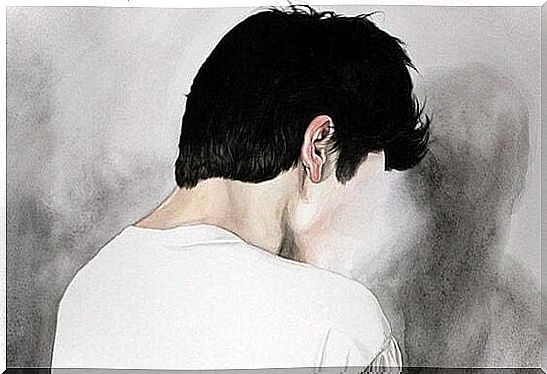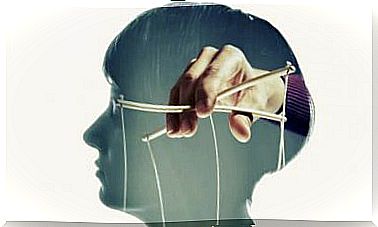The Fear Of Losing Control

When anxiety comes to mind, everything becomes blurred. It’s easy for fear to make you lose control and get a grip on you, because those are the hardest emotions behind the wheel. Intrusive thoughts paint a horror scenario in front of you that you have to defend against. In these moments, you start to get scared that you are going to hurt someone, so it is important that you learn to deal with them.
It is no surprise to anyone to learn that this is one of the most common fears that people experience. For example, people who deal with constant exhaustion at work are beginning to fear that all the silent tension they have built up will explode in the worst possible way at any second.
Another example is parents who carry a lot of responsibility on their shoulders, who feel an insoluble knot of problems and worries. These are situations where people live in fear of losing control at any second, and doing or saying something horrible to the person they love the most.
This reality is no stranger to anyone. But even though it is normal for this fear to manifest itself to some degree in our daily lives, we cannot give it all the power. It would be like living with another self within you, a Mr Hyde who brings out the worst in you.

Robert has gone through many ups and downs, which has created a high degree of anxiety. He has been unemployed for almost a year and he feels tormented in all areas of life. His parents, worried about his situation, try to spur him on and invite him to dinner every day. During the last meal that Robert ate with them, however, he became aware of how he began to be afraid of losing control at any moment.
At dinner last weekend, his brother Field had made a small comment about his situation, and Robert interpreted it in the worst possible way. He overreacted emotionally – he was angry, raised his voice and said a lot of things that he then regretted. The meal ended with his mother crying and his brother banging his fist on the table. Robert knew he had a problem, but lacked the resources to take care of it properly.
This situation may seem normal to you. If so, it is important to begin to understand the ways in which anxiety can change your behavior, your thoughts, and responses to particular stimuli.

When people have too many worries, fears and uncertainties with them, the brain makes an almost spartan interpretation – be careful, everything around you is a threat. With this conclusion, it is decided that the only way to handle the situation is to defend yourself from everything and everyone.
- Your judgment ceases to be rational and you leave control to your instinctive, least reflexive and least logical autopilot.
- You feel an uncomfortable sense of reality, as if everything that happens is not real and is foreign to you. This is called dehumanization.
- You fall into it in a constantly vigilant state, always on, overreacting to trivial things, shaping negative and obsessed thoughts, waiting for things that have not happened yet.
Self-help books often advocate the idea that “in all situations, everyone has the chance to choose how to react, it is your responsibility to choose the best path.” Yes, this message is very inspiring, but if you are suffering from anxiety, it is very difficult to judge which is the right path.
The anxious mind does not think, it reacts. The anxious mind does not have full control over itself and therefore does not always make the best decisions. This forces us to understand that dealing with these situations is not an easy task. It is not enough to just have good intentions when there is a lump inside you that prevents you from breathing and thinking clearly.
Let us now take a look at some of the strategies that are effective in preventing the fear of losing control.

- Try not to control yourself. Think about it for a moment – you spend most of your time controlling your frustration, hiding your thoughts, swallowing your emotions, faking your mood. You end up holding back so much that you need to do something redemptive and liberating. You can put everything you hold on the table and say how you feel loud, without fear.
- Talk about your fears and reason with them. One of the ways to disarm fear is to give it a name and speak to it. “I am afraid of losing my family because I am aware that I am losing control of my emotions and saying things that I then regret.”
- Control your thoughts to control your emotions. This is one of the premises of cognitive therapy therapy, one of the best treatments for people who are afraid of losing control of themselves.
The last step is to free your body so you can free your mind. This can be done in several different ways including Jacobson’s progressive muscle relaxation, professional massage treatments, mindfulness, yoga or any other physical activity. These strategies will help you release the physical tension in your body and allow your mind to assume a more relaxed position.
It is possible to take back control of yourself, you just work on it.









